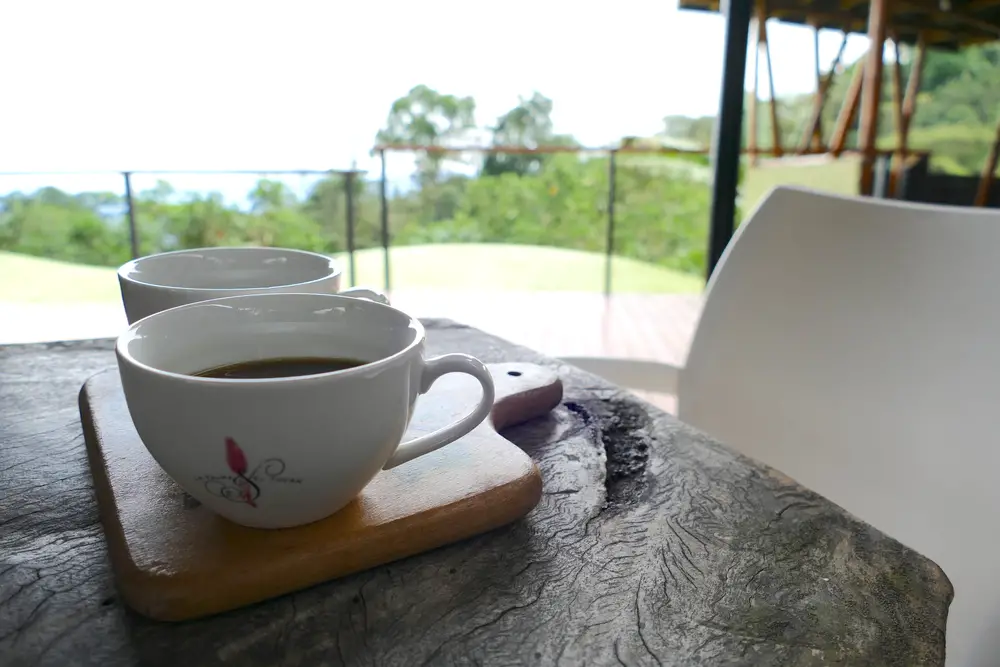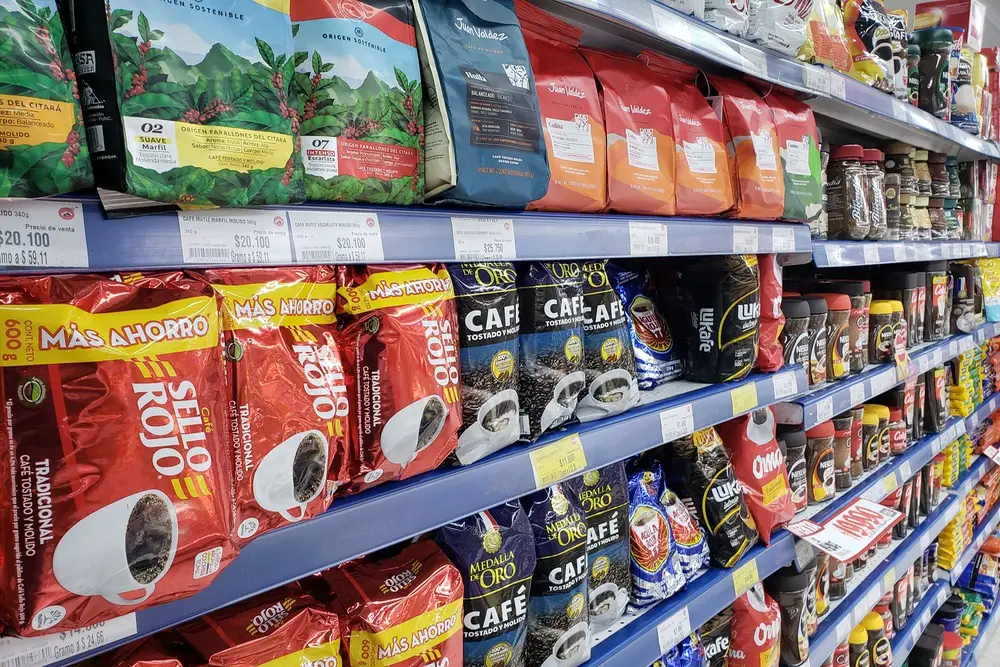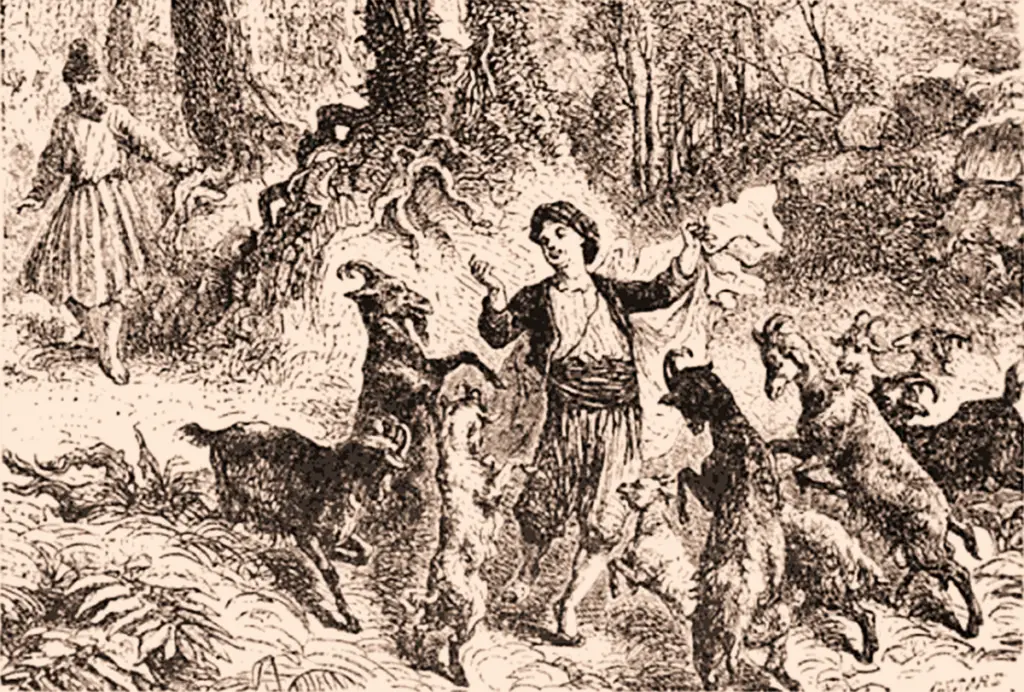While many people can’t imagine getting through the day without their caffeine rush, some religions ban coffee altogether.
The Mormon Church is one of them. According to Church doctrine, Mormons have always been forbidden from drinking coffee or tea.
Table of Contents
History of the Mormon Church
To understand Mormon attitudes toward coffee, it is important to understand the context of Church history.
The Church of Jesus Christ of Latter-day Saints (LDS) was founded in 1830 by a man named Joseph Smith.
Smith founded the religion in western New York State and is recognized as the leading prophet through the Book of Mormon, which was originally published the same year the Church was organized and refers to earlier prophets in what later became the United States.
On February 27, 1833, the Prophet Joseph Smith received a revelation of the Word of Wisdom that was later published in a book called the Doctrine and Covenants.
In the Mormon faith, the Word of Wisdom is not necessarily viewed as a set of restrictions, but rather as guidelines for living as healthily as possible. Mormons consider it a privilege to live by these principles.
This is number 9 of the Word of Wisdom: “And hot drinks are neither for the body nor for the stomach”.
What are the current official guidelines?
The official website of The Church of Jesus Christ of Latter-day Saints states the following:
“In Doctrine and Covenants 89:8-9 the Lord forbids us to consume tobacco and “hot drinks,” which Church leaders have explained to mean tea and coffee. Modern prophets and apostles have often taught that this Word of Wisdom warns us about substances that can harm us or lead to addiction.”
The Church provides a loophole for “hot drinks” in the form of herbal tea and hot chocolate because they do not appear to be harmful.
Mormons aren’t the only religion to ban coffee; they are not even the only Christian sect to do so. Several Christian religions equate coffee with tobacco, alcohol and drugs and ban it because affecting mood or thoughts is against religious teachings.
Eventually, Mormons agree to abstain from tea and coffee beverages. For many it is about following the religious laws. For others, living clean and healthy is an added advantage, which the Mormon faith emphasizes.
The Word of Wisdom also speaks of a “promise” that those who follow these restrictions will be rewarded with good health, wisdom, and great knowledge. For many Mormons, not doing these things is worth the rewards they receive.
Do all Mormons avoid coffee?
There are rumors that coffee may become “legal” in Mormonism, but there is great skepticism that this will happen. If the younger generation softens their views on the Word of Wisdom, it is possible that coffee will no longer be banned.
What do Mormons drink instead of coffee?
Even if one agrees with Mormonism because of caffeine’s mind-altering effects, there are certainly times when hot beverages are helpful and calming.
There are a few options for believers. Decaffeinated herbal teas are a popular choice with some Mormons.
Some members also find hot chocolate acceptable, but strong believers oppose it because, like coffee, chocolate can also become a habit because it contains caffeine.
Another coffee substitute that has long been favored by church members is a product called Postum, which is made from roasted beans (usually wheat bran) and molasses. It’s popular because the drink doesn’t contain any traces of caffeine and also has some nutritional benefits.
The brand was discontinued in 2007, but was acquired by Eliza’s Quest Food in 2012. Since January 2013, the product has been available in selected grocery stores and online for fans of the hot drink option.
Conclusion
Like many other religions, Mormons are often considered unusual because so little is known about them. Like any other culture, the Mormon religion has its own customs, beliefs, and traditions. People interpret the Word of Wisdom differently, which can be compared to some people avoiding soda while others consume more.



